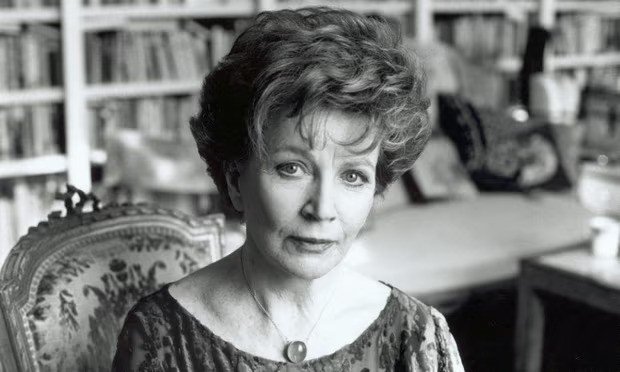Edna O’Brien, the novelist who rocked Irish literature with her bold storytelling, has passed away at the age of 93. Known for her groundbreaking work The Country Girls, O’Brien made waves in 1960 by challenging the norms of Irish female writers who typically came from privileged backgrounds and wrote within established genres.
Her debut novel, written while she was in exile in London, garnered international attention but faced heavy criticism back home in Ireland for its unflinching look at female sexuality. The Country Girls was even banned, along with several of her subsequent works, establishing O’Brien as a controversial figure whose reputation sometimes overshadowed her literary contributions.
Over her career, O’Brien penned more than two dozen novels, short stories, plays, memoirs, children’s books, and poems. Her early novels were known for their straightforward narratives, but she shifted to a more experimental style in the 1970s and ’80s. For example, A Pagan Place (1970) is written in the second person, while Night (1972) is a single, continuous monologue.
O’Brien’s writing drew on her deep admiration for James Joyce, whose influence is evident in her use of Irish English rhythms and her focus on female perspectives. But her themes were distinctly her own. As writer Nuala O’Faolain put it in 1983, O’Brien’s work centers on “women who love and suffer,” setting her apart from her contemporaries.In the 1990s, O’Brien broadened her scope with books addressing Ireland’s social and political changes, a departure from the focus of other Irish writers. Her 1994 novel House of Splendid Isolation explored the Troubles through the story of a fugitive Republican and an elderly hostage, and she was active in political discussions around that time.
Despite facing criticism for her political views and her depiction of sensitive topics, O’Brien remained committed to exploring Ireland’s complexities. Her 1996 novel Down By the River tackled the real-life story of a rape victim barred from seeking an abortion, though it was met with mixed reviews.Her late career saw her tackling grim subjects with a more pared-down style. Her 2019 novel Girl, about the kidnapping of schoolgirls by Boko Haram, was praised for its evocative and urgent prose. O’Brien’s final years were marked by illness, but she continued to write and was honored with various accolades, including the title of Saoi and a knighthood from France.
Born in Tuamgraney, County Clare, into a family with a turbulent background, O’Brien’s early life was marked by hardship and tension. Her experiences, including a tumultuous marriage and a vibrant social life in London, heavily influenced her writing. Her ability to blend personal pain with literary artistry made her a unique and influential voice in literature.
Edna O’Brien is survived by her two sons. Her impact on literature remains significant, and her works continue to be a testament to her extraordinary storytelling.
Josephine Edna O’Brien, writer, born December 15, 1930; died July 27, 2024.







